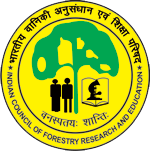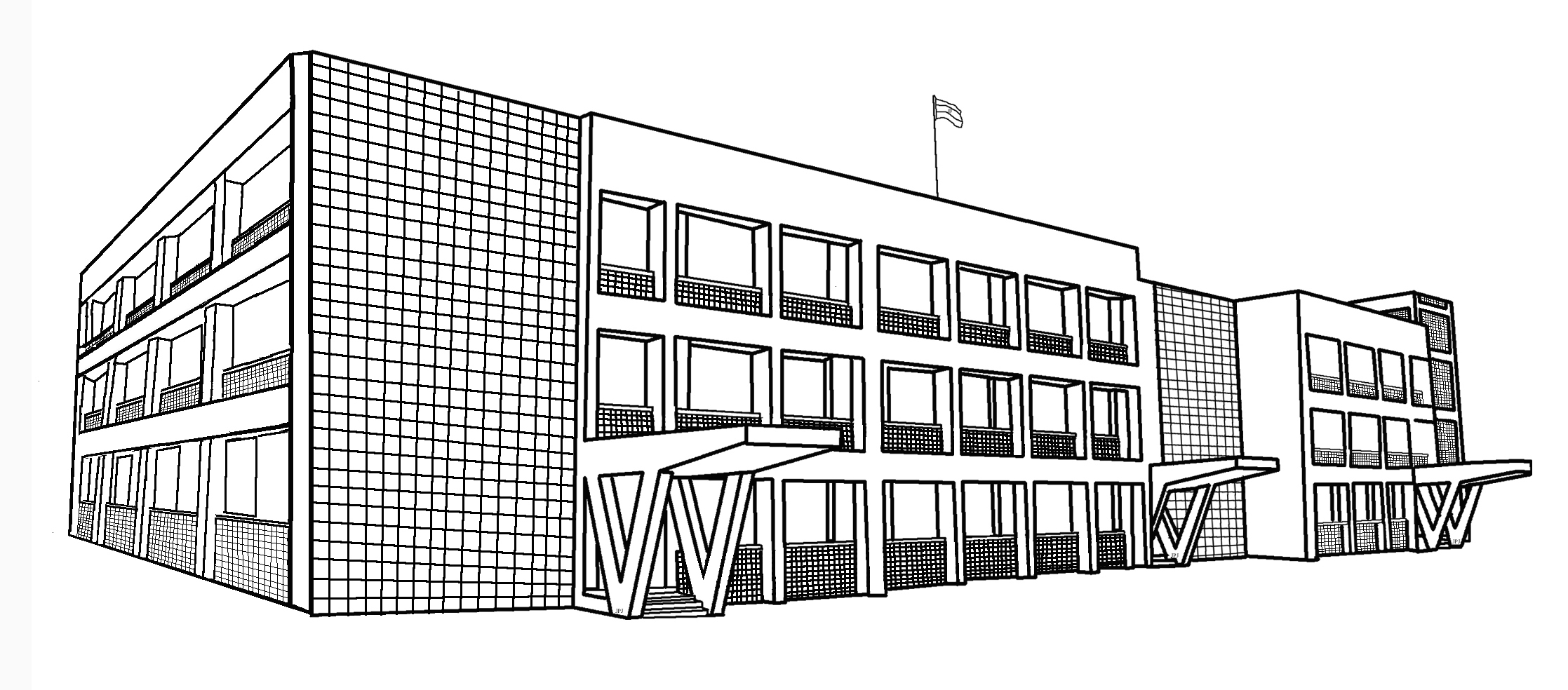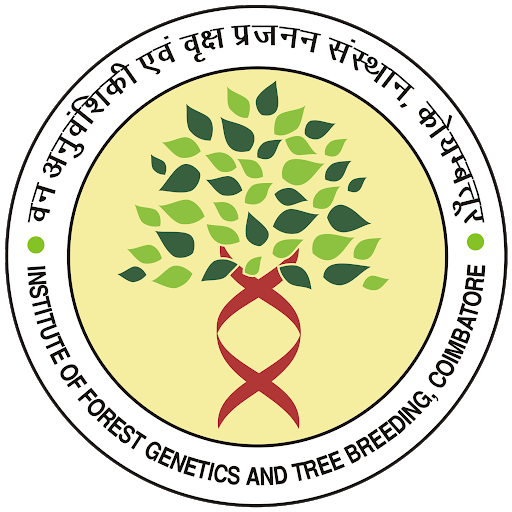Silviculture & Forest Management / Achievements
- Under project titled “DEVELOPMENT OF AGRO FORESTRY MODELS FOR VARIOUS AGRO-ECOLOGICAL REGIONS“ funded by NABARD during 1995-2000, “Casuarina based Agroforestry systems“ was developed. This model has been identified as one of the best success stories by Forestry Research Support Programme for Asia and the Pacific (FORSPA), Bangkok, Thailand and included in the compendium on success stories of Applied Forestry Research.
- Nursery techniques have been standardized for the large scale production of quality planting stock of the economically important tree species viz., Azadirachta indica, Acacia nilotica, Acacia leucophloea, Acacia auriculiformis, Albizia amara, Casuarina equisetifolia, Eucalyptus tereticornis, Tectona grandis, Tamarindus indica Dalbergia latifolia, Eucalyptus camaldulensis and Pongamia glabra
- Carried out afforestation and productivity studies in the mine overburdens of the Limestone mine dumps and the Quartz sand dumps of the Associated Cement Company at Madukkarai in Coimbatore district and at the magnesite mine dumps of the Burn Standard Company, Salem. Silviculture Division is also involved in the afforestation of Bauxite mine dumps at Yercaud in the Shervaroy Hills
- Under ICFRE-Plan project “Management of Casuarina equisetifolia in Agroforestry systems for sustainable economic returns“, crown and root pruning protocols have been standardized.
- Under FAO-UNDP Consultancy project, Facilitated Farmers to establish Agroforestry plantations & provided advise through on- farm visits to agroforestry plantations.
- Under NABARD funded project on “Evaluation of superior planting stock of Acacia mangium in agroforestry systems at different eco-climatic zones of Kerala and Tamil Nadu“, developed Acacia mangium + Beans based agroforestry system for Tamil Nadu and Acacia mangium + Pepper based agroforestry system for Kerala.
- Under NMPB funded project on “Establishment of agroforestry plantations with medicinal plants and trees for conservation, propagation and utilization“, crown pruning was proved to improve the yield of inter crops under 5-year-old Neem based agroforestry system
- Under ICFRE-Plan project on “Evaluation of selected phenotypes of Casuarina for establishment of windbreaks in farmlands in the western zone of Tamil Nadu“. IFGTB has released 5 superior tree varieties suitable for Windbreaks.
Name of the clones released:
IFGTB-WBC-1
IFGTB-WBC-2
IFGTB-WBC-3
IFGTB-WBC-4
IFGTB-WBC-5.
The Superiority of these Windbreak Clones of IFGTB are
i) High level of branch persistence with 40 to 50 thick and horizontal branches within 3 m height from the base of the tree.
ii) Greater branch thickness.
iii) Wider branch angle.
iv) Greater height growth rate (2.5 to 3 m per year).
v) Faster diametrical growth rate of main stem (1.5 to 2 cm per year).

- Under Tamil Nadu State Planning Commission funded project, developed various Dry Land Agroforestry Systems for Tamil Nadu for enhancing livelihood opportunities. Deployed superior planting stocks of IFGTB for dry land agroforestry systems.
- Root architecture study:
Though tap root will be absent in the trees of clonal origin, in windbreak clones many 1st order and 2nd order roots have been developed in to a tap-root like structure by growing vertically straight downwards as anchoring roots so as to withstand wind throw.
- Entered into a “License Agreement“ with
i) M/s VOLUNTARY ORGANISATION FOR PEOPLE EMPOWERMENT OF RURAL AREAS BY YOUTH (VETRY), - NGO - Tiruppur Society Registration No 1211/2004, Tamil Nadu and
ii) 2. M/s Anandha Agricultural Solutions, No.2/627A, Diamond Colony, Thoothukudi - 628008, Tamil Nadu for commercial propagation and supply / sale of Windbreak Clones of Casuarina developed by IFGTB.
- Two farmer friendly Mobile Apps
CYCUS (Casuarina Yield Calculating Utility Software) for yield estimation in Casuarina plantation
Wood Yield Calculator for yield estimation in Melia dubia plantations
have been developed and are now available in Google Play store.
- Similarly, Under IFGTB & IP-APPM Collaborative Project, Mobile Apps have also been developed for yield estimation in plantations of
i) Subabul
ii) Casuarina equisetifolia - Seedling origin
iii) Casuarina Hybrid - Clonal origin plantations.
- Selection of clones adaptive to climate change:
i. Identified Windbreak clone IFGTB-WBC-3 as more adaptive and recoded 38% more dry matter accumulation under elevated CO2 environment
ii. Identified two clones (AI-9 and AI-12) more adaptive to elevated CO2 in Neem under Open Top Chamber studies.
- Disease management through optimum spacing in clonal plantations
The major problems faced by farmers in cultivation of Casuarina Hybrid (CH) clones released by IFGTB were attack of collar rot and subsequent lodging of plants particularly Field surveys were made and a Technical Report on “Adopting optimal spacing in plantations of CH clones of Casuarina” prepared and circulated to the Paper mills and to all the Licensees of CH clones of IFGTB
- IFGTB-ISHA Collaborative Research Project
Monitored soil organic carbon in agroforestry, natural and conventional farming systems in Tamil Nadu. It is observed that adoption of agroforestry practices resulted in higher total mean soil organic carbon content than non-agroforestry practices.
- Baseline data on Biomass and Soil Carbon Sequestration
Data on biomass and soil carbon sequestration was generated for important plantation species of both clonal and seedling origin in Tamil Nadu. Identified plantation systems with enhanced carbon sequestration potential to mitigate carbon emissions.
- Developed farmers friendly
Mobile App for Yield estimation in plantations of Ailanthus excelsa and Gmelina arborea
and are now available in “TreeGenie“ Interactive Digital Platform of IFGTB.
- Developed Integrated Dry Land Agroforestry Systems in Tamil Nadu (Ramnad district) for enhancing livelihood opportunities
- Documented various agroforestry models being practiced by farmers of Tamil Nadu.
- Demonstrated different agroforestry models in farmers fields in different agroclimatic zones of Tamil Nadu.
- MoUs have been signed with local NGOs and Institutions to promote Agroforestry.
- IFGTB carried out studies under NATCOM project on “Assessment of soil C stocks and dynamics in forest soils of India“. Soil carbon stock in forest soil under different forest types over the period from 1995 to 2007 was estimated. Tropical moist deciduous forest recorded the maximum SOC stock compared to other forest types.
- During 2013-2017, a project entitled “Assessment of soil organic carbon under different land uses of Tamil Nadu“ funded by ICFRE was carried out and assessed the carbon pools under different land use systems in Tamil Nadu.
- Another study funded by ICFRE was conducted on the “Invasion impacts of Acacia mearnsii on changes in soil fertility status of shola forests in the Western Ghats“ during 2016-18.
- Prepared and submitted DPR for rejuvenating River Cauvery through Forestry Interventions.
- Under the project titled ‘Biomass carbon and soil organic carbon stock in important plantation species of clonal and seedling origin in Tamil Nadu’ funded by ICFRE during 2020-2022, base line data on Soil Carbon Sequestration and Carbon stock in biomass of important plantations species viz, Casuarina, Eucalyptus, Teak and Melia of clonal and seedling origin in different agro-climatic zones of Tamil Nadu was generated.
- Under the project funded by ISHA Outreach, Coimbatore during 2022-2023 on ‘Monitoring of soil organic carbon under agroforestry, natural and conventional farming systems in Tamil Nadu’ soil samples collected from different land uses viz. Agroforestry, Non-agroforestry, Natural farming and Conventional farming at 30cm depth were analyzed for various physico-chemical properties.





